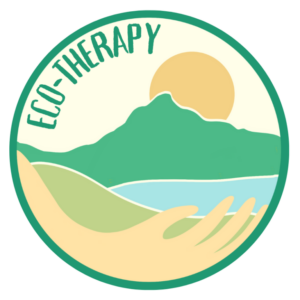Tentative Program & Schedule
Course content, structure and pedagogical
approach
Social Entrepreneurship describes the discovery and sustainable
exploitation of opportunities to create business models which
address humanity’s social and environmental challenges. Social
entrepreneurship generates disequilibria in market and non-market
environments, by finding ways of turning societal problems into
complementary assets. The course will develop capabilities in
social opportunity identification as well as social enterprise
modeling.
Expected Outcome
Learning objectives
At the end of the course you should be able to
reflect critically on the social business model your group will
develop in this course. In particular you will be required to:
- Differentiate between social enterprise and social innovation
mode and argue for selecting one mode as the basis for your group’s
social business model.
- Describe the factors driving group work behavior and its
performance outcomes in social business modeling and apply these to
your group’s experiences.
- Contrast the hybrid strategies used to identify social business
opportunities and formulate a strategy for how your group generates
complementarities.
- Discuss different forms of impact investing and argue which are
most appropriate for your social business model.
- Contrast different ways in which your social business model can
be scaled up or replicated and determine the most appropriate
choice.
- Evaluate the applicability of social impact assessment tools
and evaluate how their use affects the performance of your social
business model.
How to Apply
Apply via the following link (only for students of Aurora universities!)
https://www.cbs.dk/en/research/departments-and-centres/department-of-management-society-and-communication/cbs-sustainability-centre/research/research-projects/aurora
Course Website
https://kursuskatalog.cbs.dk/2023-2024/KAN-CCMVI2115U.aspx
University of Duisburg-Essen (UDE)
Address
Forsthausweg 2, 47057 Duisburg
Website URL
https://www.uni-due.de/de/universitaet/
Contact persons
Please enter the name and email address of the contact person
Co-Organiser (local host)
Name of Co-Organisation
Copenhagen Business School
Short Description of the Organisation
Copenhagen Business School is a public university situated in Copenhagen, Denmark and is considered one of the most prestigious business schools in Western Europe and the world.
Source: Wikipedia
Organisation Website
https://www.cbs.dk/en







